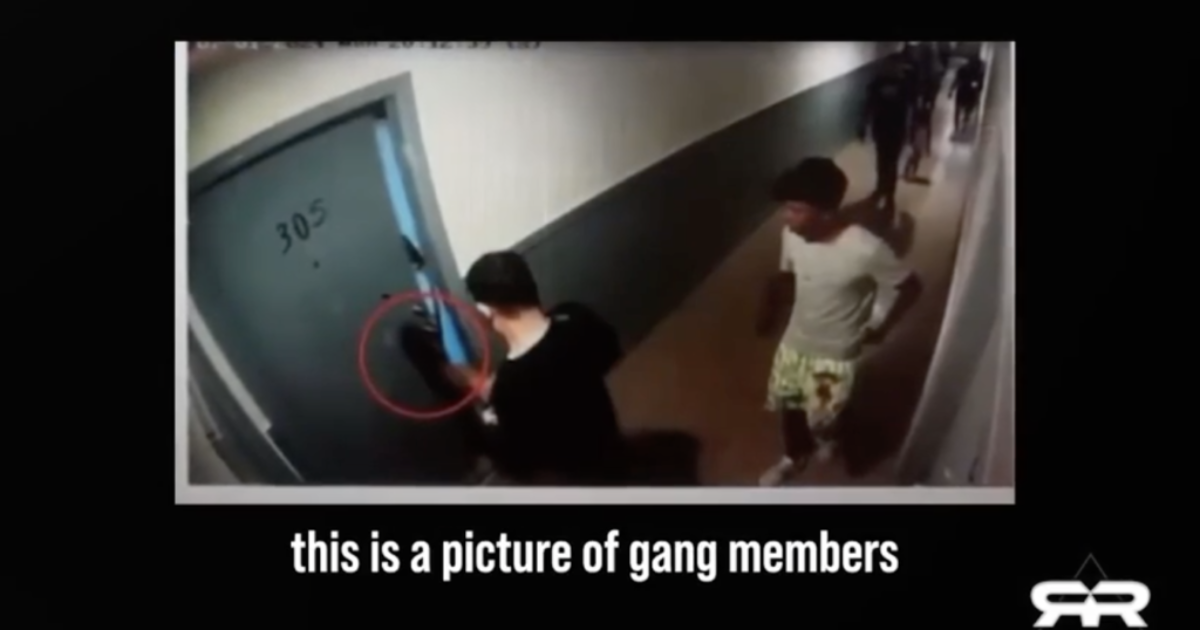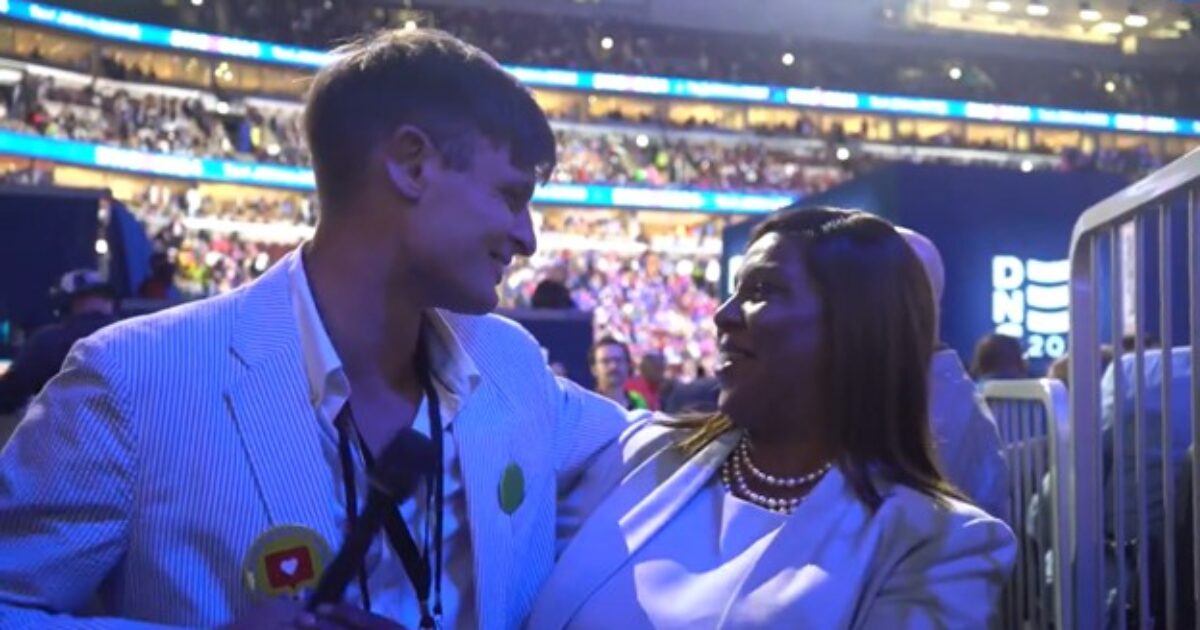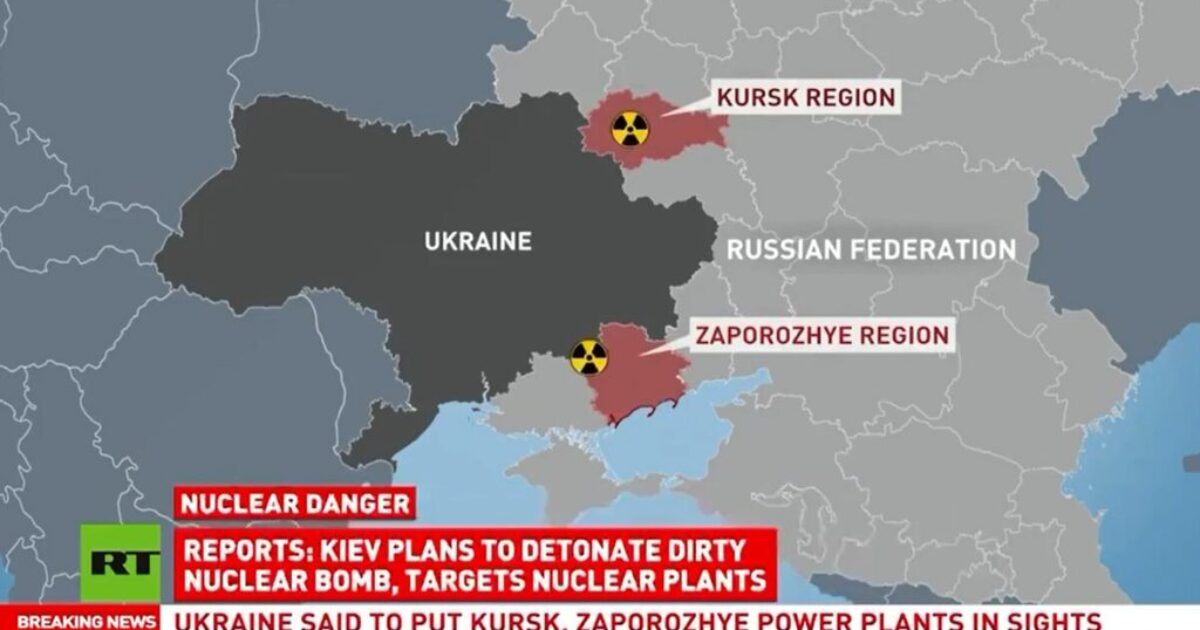Why are younger voters flocking to the far right in parts of Europe?
(Source: The Guardian)
Lunching on a tuna sandwich in the central market of Volendam, a picturesque fishing port north of Amsterdam, Gerald, 24, was lucid about his choice in last week’s Dutch election.
“I voted for Wilders, and many of my friends did too,” he said. “I don’t want to live with my parents for ever. I want my own home, and to be able to provide for my family later on. Wilders wants to figure out the housing crisis, and make our healthcare better. Those are the most important topics for me.”
If everyone who voted in the election had been aged under 35, Geert Wilders, the far-right populist whose Party for Freedom (PVV) shocked Europe by winning the most parliamentary seats, would have won even more.
In last year’s French presidential runoff, Marine Le Pen won 39% of votes from people aged 18-24 and 49% of those aged 25-34. Before Italy’s election in September last year, Giorgia Meloni’s Brothers of Italy was the largest party among under-35s, on 22%.







